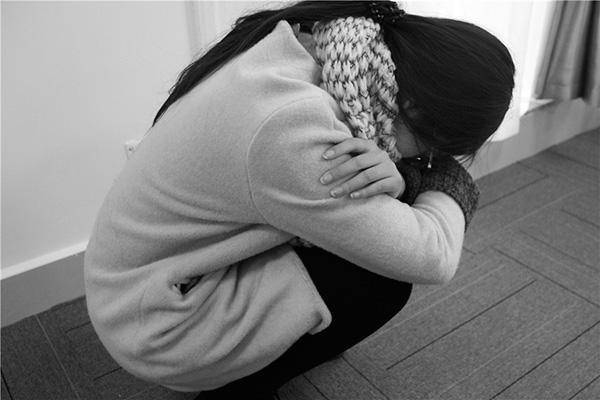People nowadays are paying more and more attention to their physical health, but few care about mental health issues. Little do they know that mental health and physical health are closely related, and the impact is profound. Students, working professionals, pregnant women, and men who are constantly busy may all have some psychological issues to varying degrees, with depression being the most commonly understood mental problem. Often, due to unresolved initial feelings of depression, it gradually evolves into clinical depression, which, if not effectively controlled, can lead these individuals to extreme behaviors. To prevent such occurrences, it is important to be aware of the signs of depression.
What do people with depression often say?
Individuals with depression tend to have certain expressions such as “I’m fine, really fine” or “I feel like giving up.” Why do these verbal expressions appear once someone has depression? While these phrases might seem simple, they are reflections of the innermost feelings of individuals with depression.
Saying “I’m fine, really fine” may seem like a normal statement that anyone would make. However, when it comes from someone with depression, it signifies much more than just being “fine.” This statement reflects the lack of trust in others and the beginning of social withdrawal and reluctance to share one’s feelings. Frequently saying these words indicates inner turmoil and an inability to overcome feelings of loss, potentially sinking deeper into depression.
When someone says, “I feel like giving up,” it is not a sudden impulse but a feeling of collapse after experiencing repeated failures and helplessness. Behind this expression lies a severe lack of self-confidence and excessive self-denial. What they want to give up is not just the present situation but also their attitude towards life, maybe even life itself.
When hearing these statements from others, pay attention not only to the words but also to their facial expressions. While saying these words normally might convey a sense of disappointment, individuals with depression will show signs of self-deprecation, avoiding eye contact, appearing powerless, and even displaying signs of despair.
What do they often do while saying these things?
After developing depression, people’s behaviors deviate from the norm. They lose interest in activities they used to enjoy and spend their days aimlessly daydreaming. Their most frequent activity is staying inside a small room. Unlike those who spend their days playing games or watching TV in their rooms, individuals with depression don’t engage in other activities and often just stare at the ceiling or out the window.
All these behaviors stem from social withdrawal. At some sudden moment, individuals begin to experience depressive emotions, start self-denial, lose trust in others, and develop a habit of isolation. When these feelings are not released or guided, they can escalate into the situations mentioned above.
Regardless of what they say or do, it all boils down to one word: rumination.
The onset of depression is often triggered by rumination. In simple terms, it is being unable to shake off a negative emotion, constantly replaying upsetting events in the mind, and imagining their dire consequences. It’s akin to receiving criticism from a superior and then obsessing over potential job loss, wondering if a major mistake was made, and spiraling into thoughts of losing the job and impacting future life situations. This cycle of repetitive thinking is rumination, leading to a deepening of depression.
What individuals with depression say and do is all linked to rumination. Phrases like “I’m fine” or “I feel like giving up” indicate that they are continually mulling over a specific issue and have not overcome it. Their idle daydreaming is not purposeless but focused on a particular issue.
Therefore, the key to preventing depression lies in controlling negative emotions through curbing rumination. The best approach is to keep oneself busy and actively engage in social activities whenever possible. Even virtual social interactions in games can help prevent rumination and contribute to depression prevention. Especially after encountering negative influences recently, it’s crucial for friends and family to guide individuals towards positive emotions, keep them active, provide company, and reduce solitary time.


